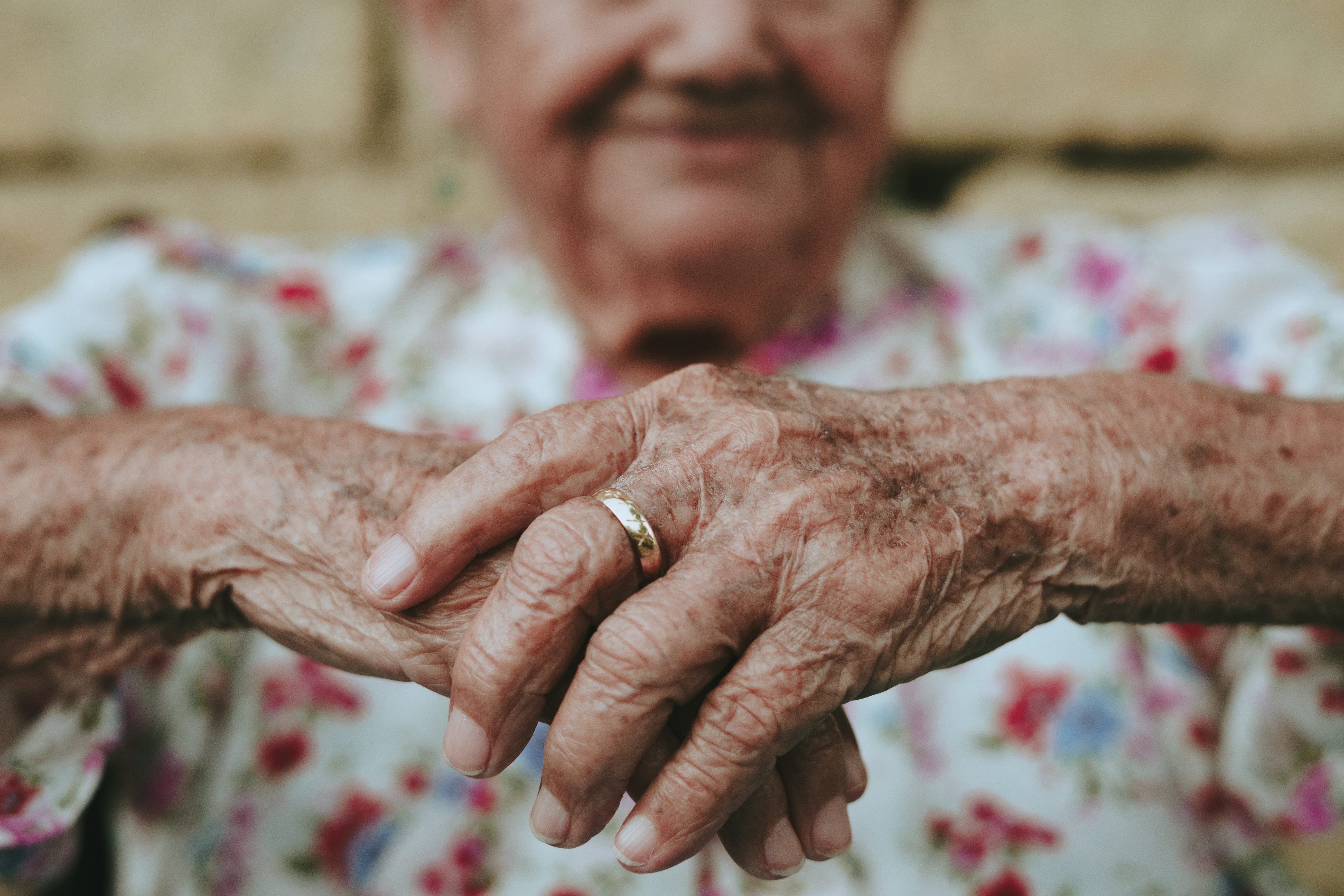
There’s an elderly woman who lives near my writing office in town. Over the past ten years I’d seen her from my window, walking from her apartment building over to a cement bench across from the pizza parlor. She’d sit there for an hour or two with her little dog. Whenever I’d go out to buy my lunchtime sandwich or bagel, I’d be sure to pass by and exchange pleasantries, pet her dog, and find out how she was doing.
Then one day, I happened to notice her struggling in her vestibule. She was awkwardly trying to negotiate her way between the interior and exterior doors of the building with a shiny new aluminum walker — her little dog yapping and pulling every which way. I managed to get out in time hold the doors open for her, and then walk with her to her spot on the bench.
From that day on, I’d keep an eye her doorway around 11am each morning, and run out whenever I saw her attempting to leave. It became a regular thing—my sense of connection to community, to the past, or maybe to some nostalgic notion of service.
Then last year I moved to an office to a couple of blocks away, and became so concerned about my vestibule duties that I began timing my lunch break so that I happened to be passing in front of her building just around the moment that she would be coming out. And most days, I was spot on — or at least close enough not to have wait too long for her to appear. My daily ritual was preserved.
One day last month, I was stuck on the phone doing a radio interview about whether robots would take away all our jobs. And it went right through the time I usually go out to assist her. When I got off the call I ran around the block just in time to see her coming out of the building, but assisted by two high school kids who happened to be passing by. I stood there watching carefully, almost suspiciously, making sure they properly detangled the dog’s leash and didn’t let the interior door close too soon (two of many possible hazards throughout the maneuver).
When they were done, I thanked them, as if they had filled in for me. But they responded that they helped her all the time. So did the guy from the pizza parlor. And sometimes one of the women at the bagel shop. We were all delighting in the opportunity to help this woman and her dog get out of the building safely. We were practically competing for the chance to do it.
That’s when it occurred to me that service is privilege. Centering the most vulnerable isn’t just for the most vulnerable, but for those of us getting to do the centering. I started to imagine a world where there’s so much of a desire to serve others that the opportunities themselves became scarce and we had to learn to share them. Luckily, we’re not there yet.
So do yourself a favor and take advantage of the surplus of opportunities currently available to do something for someone else right now.